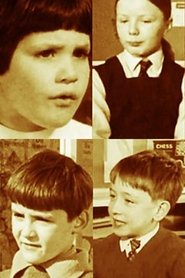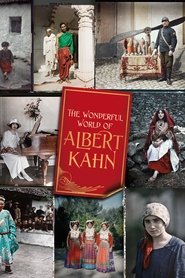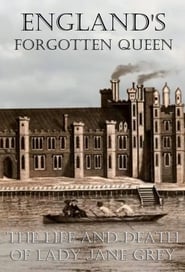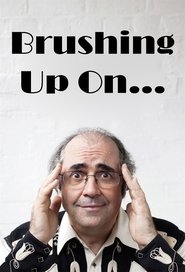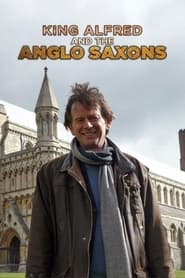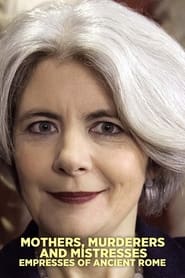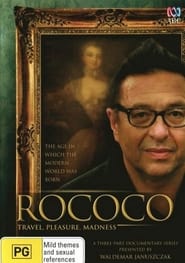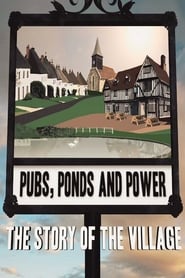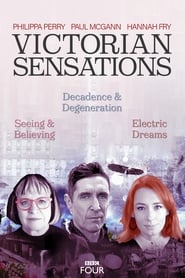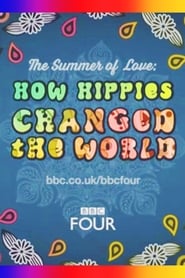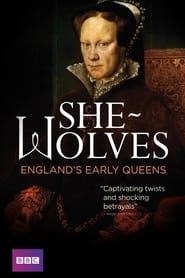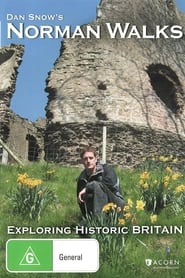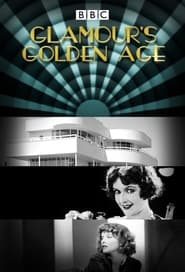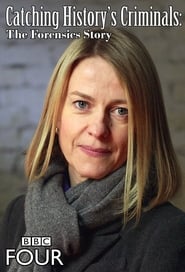Bbc Four TV Series - Page 12
-
Children Talking
2015
Children Talking
2015
A captivating insight into British life straight from the mouths of school children from the 1960s and '70s. -
Handmade in Bolton
2019
Handmade in Bolton
2019
Shaun Greenhalgh and Dr Janina Ramirez research and remake a selection of precious objects from the past using traditional materials and methods. -
The Wonderful World of Albert Kahn
2007
star 0.5Documentary series about Albert Kahn's photographic Archive of the Planet. For a quarter of a century, Kahn supplied a team of photographers with the world's first colour camera system and dispatched them across the globe. Their films and 72,000 photographs offer a unique insight into the formative years of the 20th Century. -
England's Forgotten Queen: The Life and Death of Lady Jane Grey
2018
star 6The rise and fall of Lady Jane Grey. England's Queen for only 9 days -
Brushing Up On...
2013
Brushing Up On...
2013
Danny Baker uses archive material to look at aspects of British manufacturing. -
Atom
2007
star 7.7The story of the discovery that everything is made from atoms, one of the greatest scientific breakthroughs in history, and the brilliant minds behind it. -
King Alfred and the Anglo Saxons
2013
star 7Michael Wood argues that the most important and influential British kings were a father, son and grandson who lived over a thousand years ago during the age of the Vikings. -
Visions of Space
2003
Visions of Space
2003
Robert Hughes tackles the work and lives of three remarkable 20th-century architects: Albert Speer, Mies van der Rohe, and Antonio Gaudi - whose work did so much to shape the modern world. Hughes looks at how each one used space in different ways to express our response, respectively, to the power of religion (Gaudi), the power of the State (Speer), and the power of the corporation (Mies van der Rohe). -
Mothers, Murderers and Mistresses: Empresses of Ancient Rome
2013
star 8Professor Catharine Edwards explores the dramatic story of the women who tasted power in the Roman Empire. -
Rococo: Travel, Pleasure, Madness
2014
Rococo art is often dismissed as frivolous. But Waldemar Januszczak disagrees and in this three-part series he tries to bring Rococo art closer to us, and argues that the Rococo was the age in which the modern world was born. -
Pubs, Ponds and Power: The Story of the Village
2018
star 3Archaeologist Ben Robinson explores the story of the village from Norman times to the present day. With ancient churches, castles, market places and cottages, the English village is a magnet for tourists. This cosy, picture postcard image is a snapshot of England which is recognised across the globe. But the story of the village from ancient times to the present day is not one of sleepy rural idylls. It is a story of purpose, persistence and power. ‘Pubs, Ponds and Power – The Story of the Village’ looks at how some of England’s greatest villages have evolved over time. -
Victorian Sensations
2019
Victorian Sensations
2019
Victorian Sensations transports us to the thrilling era of the 1890s. Dr Hannah Fry, Paul McGann, and Philippa Perry explore a decade of rapid change that still resonates today. -
The Summer of Love: How Hippies Changed the World
2017
The untold story of how a German cult, pioneering psychologists and secret LSD experiments sparked a gathering of hippie tribes in 1967 San Francisco that would change the world. -
She-Wolves: England's Early Queens
2012
star 8Historian Dr Helen Castor explores the lives of seven English queens who challenged male power, the fierce reactions they provoked and whether the term 'she-wolves' was deserved. -
Dan Snow's Norman Walks
2010
Historian Dan Snow puts his walking boots on and sets off to see what the great British landscape can teach us about our Norman predecessors -
Glamour's Golden Age
2009
Glamour's Golden Age
2009
Series looking at the 1920s and 30s, which creates a portrait of an age so daring, influential and exciting that it still shapes who we are today. -
Catching History's Criminals: The Forensics Story
2015
star 7.5Catching History's Criminals: The Forensics Story -
In Search of Speed
2005
